Nissan is launching a new vehicle-to-grid charging scheme in the UK with its all-electric Nissan Leaf that will enable owners to sell extra energy stored in their cars' batteries back to the electricity grid for money.
The car maker revealed at an event in east London that it has been working with the UK’s National Grid and global power management company Eaton to develop a so-called xStorage system, which can transfer additional energy from a Leaf’s batteries to the grid.
Nissan Europe chairman Paul Willcox said a fully charged Leaf can power an average home for two days and that contributing to the grid with xStorage can earn owners as much as £600 a year in income.
“Currently there are about 18,000 Leafs in the UK, with energy equivalent to about two power stations,” said Steve Holliday, National Grid’s non-executive director. “If everyone drove a Leaf, there’d be enough energy to power Germany and Britain.”
The xStorage system has been developed by Eaton and costs £3000 to be supplied and installed. It works in much the same way as a conventional Leaf charger does, but with energy moving in the opposite direction. Up to 4.2kWh of energy can be stored at one time.
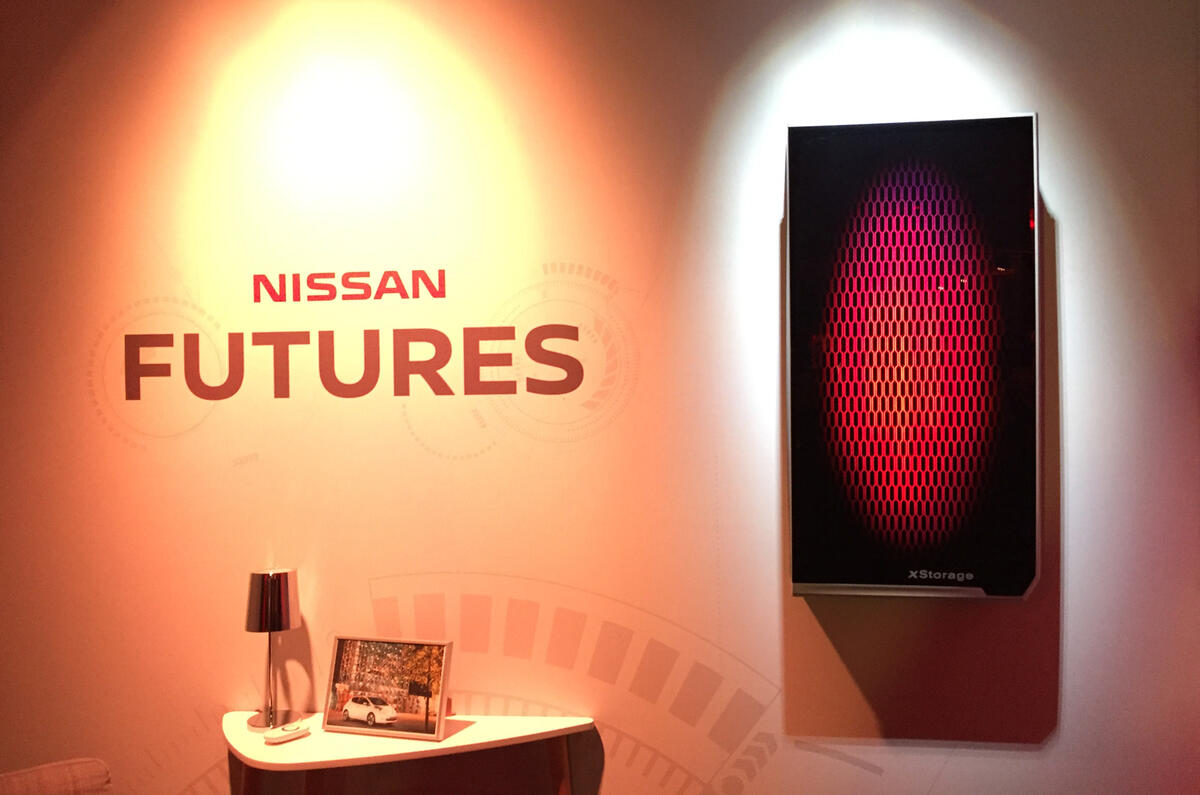
The trio of companies involved believe that once the technology has been adopted by a large number of people, it will help to maintain a more consistent energy supply with fewer peaks and troughs of supply than we see at the moment.
To illustrate how effective the technology is, Nissan has pledged to power all of its European buildings with vehicle-to-grid energy by the end of 2017. Three years later, it hopes to have sold at least 100,000 xStorage systems to the market.
The system will first be trialled in the UK with 100 Leafs, before being offered to British customers in October of this year. It’ll also be rolled out into other parts of Europe alongside this.
“The electric car is here to stay, and Nissan is the world’s leading electric car supplier,” said Willcox. “Forecasts predict that there’ll be 2.4 billion cars on the world’s roads by 2050. We’re leading the way to intelligent mobility.”

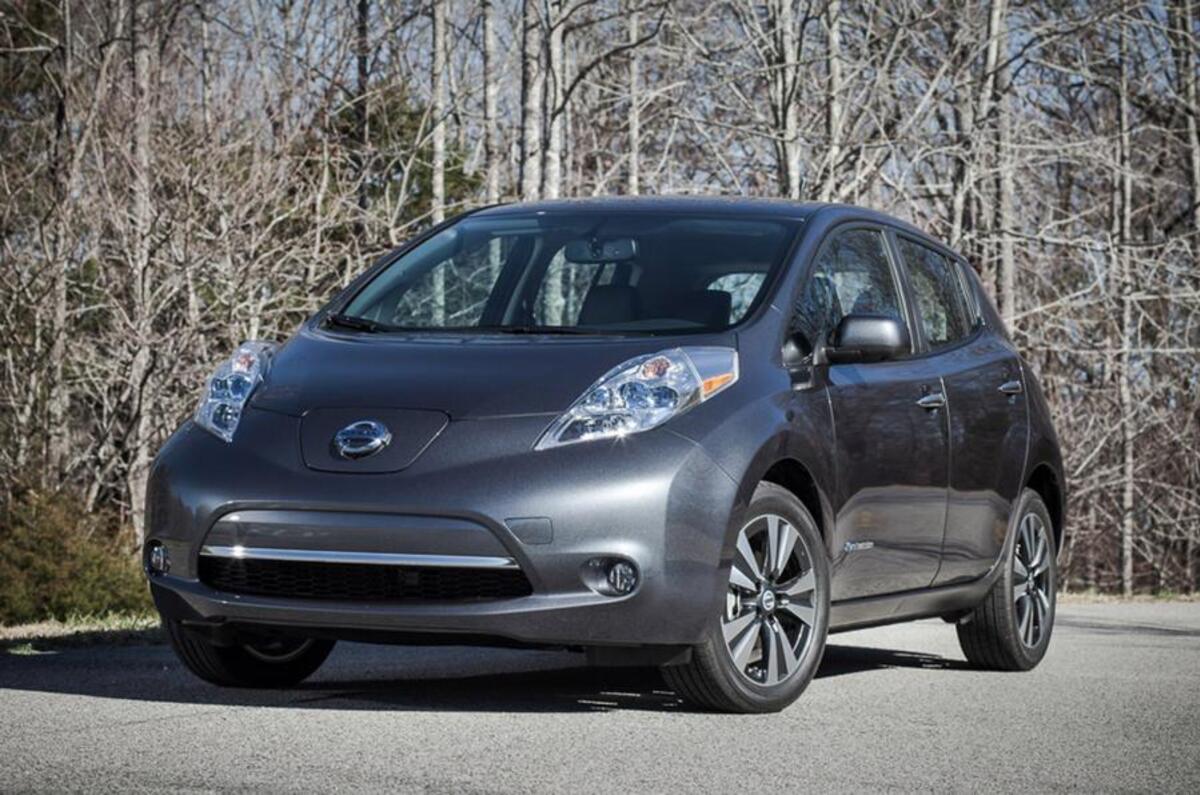
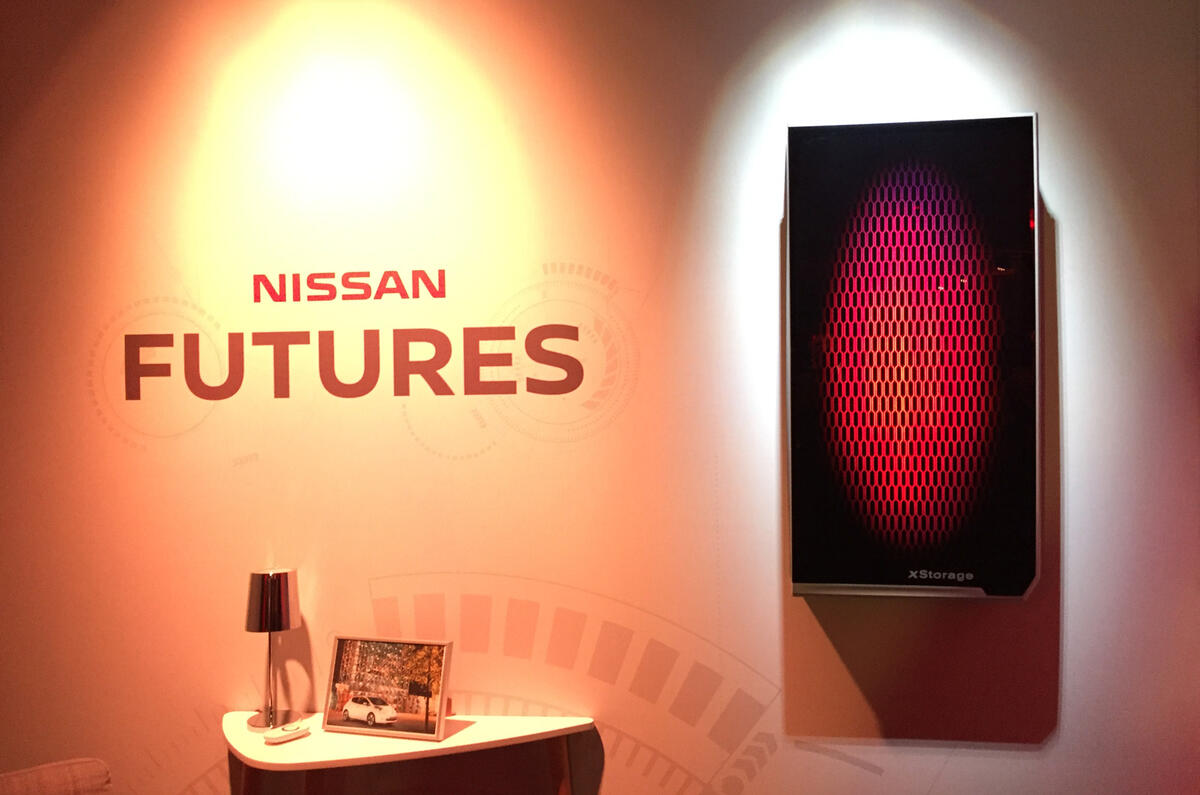
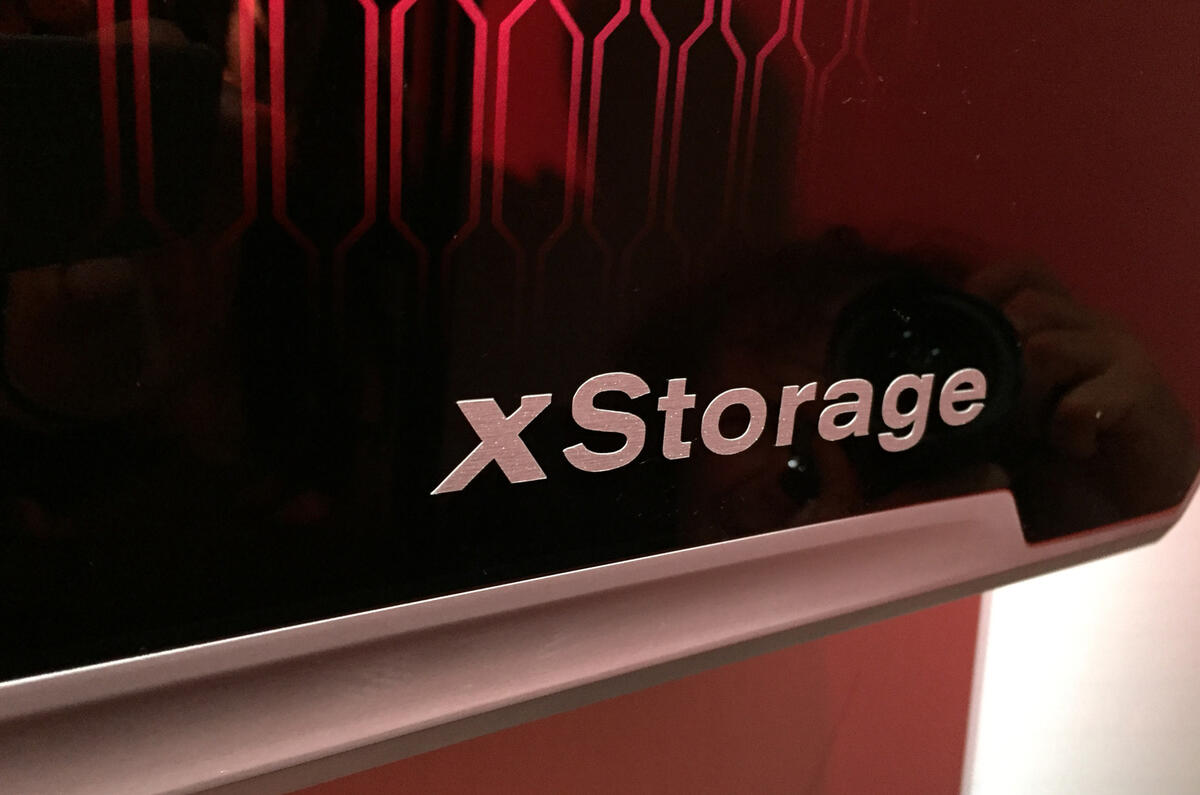
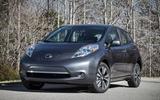

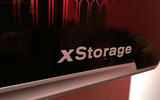


Join the debate
Add your comment
Autocar fact checking.
Their V2G pilot ( developed with Enel & The National grid) allows current Leaf owners to sell back energy to the grid at peak times.
Their second product, xStorage ( developed by Eaton ) uses old Leaf batteries as a solution for storing renewable energy (No car required).
This article reads as if they are the same product.
Ecotricity won't be too
@The Apprentice
Phil R wrote: Dale Vince has
I knew it was on the cards, how long it will remain free who knows. When the 500,000 Teslas arrive I suspect it will get a bit busy .. so 2030 then!
Earn £600 a year at what cost to the battery?
More cycles, higher lease cost?